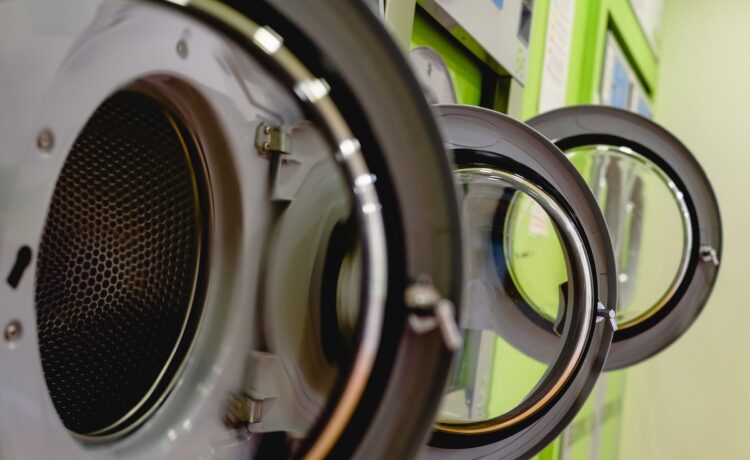In a world where speed, efficiency, and sustainability are king, the humble industrial washing machine has quietly become the backbone of countless businesses— from hotels and hospitals to fashion designers and food‑service operations. While many consumers still think of a washer as a household appliance, the industrial version is a powerhouse engineered to meet the relentless demands of commercial environments.
1. What Sets Industrial Washers Apart?
| Feature | Household Washer | Industrial Washer |
|---|---|---|
| Capacity | 7–10 kg | 100–600 kg |
| Cycle Options | 3–4 presets | 10+ specialized programs |
| Durability | 5–10 year warranty | 15–20 year warranty |
| Energy Efficiency | Standard | Advanced (HE, Eco‑Mode) |
| Water Usage | 30–50 L per load | 200–500 L per load (but 50% less water per kg) |
The sheer scale of these machines means you can handle entire hotels’ linen loads in a single run, dramatically cutting down labor and downtime. And because they’re built to run continuously for weeks on end, they’re a far cheaper investment than constantly purchasing commercial detergent and labor.
2. A Look at the Commercial Landscape
Choosing the right machine depends on your business model:
- Hospitality – Hotels require large, fast‑cycle machines that can produce pristine linens overnight.
- Healthcare – Hospitals need sterile, high‑temperature wash cycles that eliminate 99.9% of germs.
- Fashion & Textiles – Designers favor delicate‑treatment cycles that preserve fabric integrity while handling large volumes.
- Food Service – Restaurants need quick‑wash solutions that meet food‑grade sanitation standards.
If you’re exploring options that can handle both heavy duty and delicate fabrics, you’ll want to look at the top brands that specialize in commercial industrial washing machines. These machines come with advanced controls and automation, letting you monitor usage, predict maintenance, and reduce energy costs—all while staying compliant with industry regulations.
3. Sustainability Matters
Industrial washers use far less water per kilogram of laundry than home models. Modern units incorporate:
- Water‑recycling systems – Capture rinse water for reuse.
- Variable‑speed drives – Adjust motor speed to match load, saving power.
- Smart sensors – Detect fabric load and automatically select the optimal cycle.
By investing in a high‑quality industrial washer, your business not only saves money but also demonstrates a commitment to responsible environmental practices—an increasingly important factor for both consumers and regulators.
4. Maintenance & Longevity
A well‑maintained machine can last two decades. Key practices include:
- Regularly cleaning the drum and detergent dispensers.
- Checking seals and gaskets for wear.
- Scheduling preventive maintenance with certified technicians.
- Monitoring water hardness and adding water‑softening agents as needed.
5. Are You Ready to Upgrade?
The transition from a household washer to an industrial powerhouse might seem daunting, but the payoff is clear: higher throughput, lower operational costs, and the ability to meet growing demands without compromising quality. Before you dive in, assess your daily load, desired cycle features, and budget. Look for a vendor that offers after‑sales support and a robust warranty—two of the hallmarks of a lasting partnership.
In the end, the right industrial washing machine isn’t just a piece of equipment—it’s an investment in reliability, efficiency, and the future of your business. Embrace the upgrade, and keep your fabrics—and your operations—washing away the competition.





